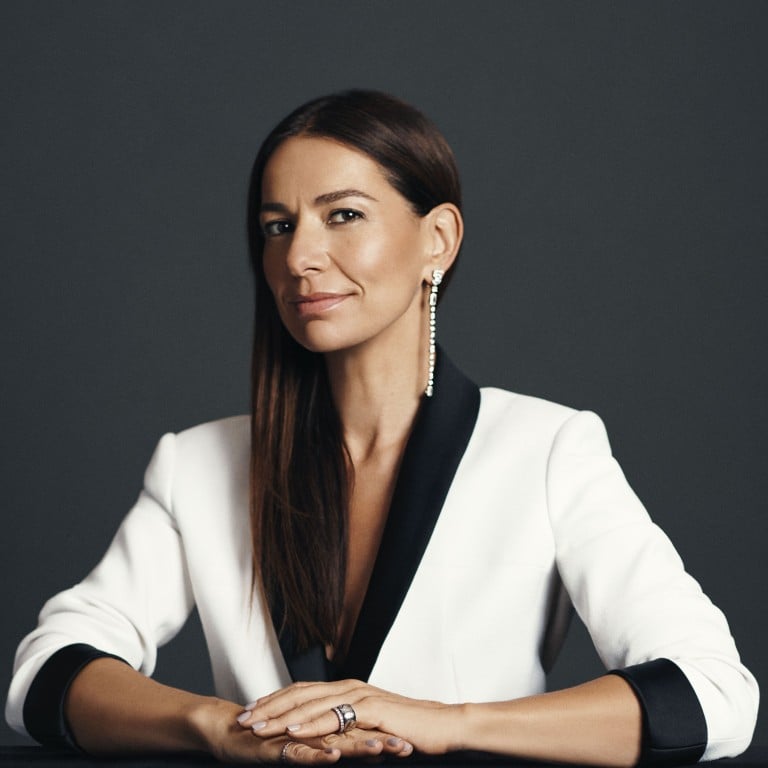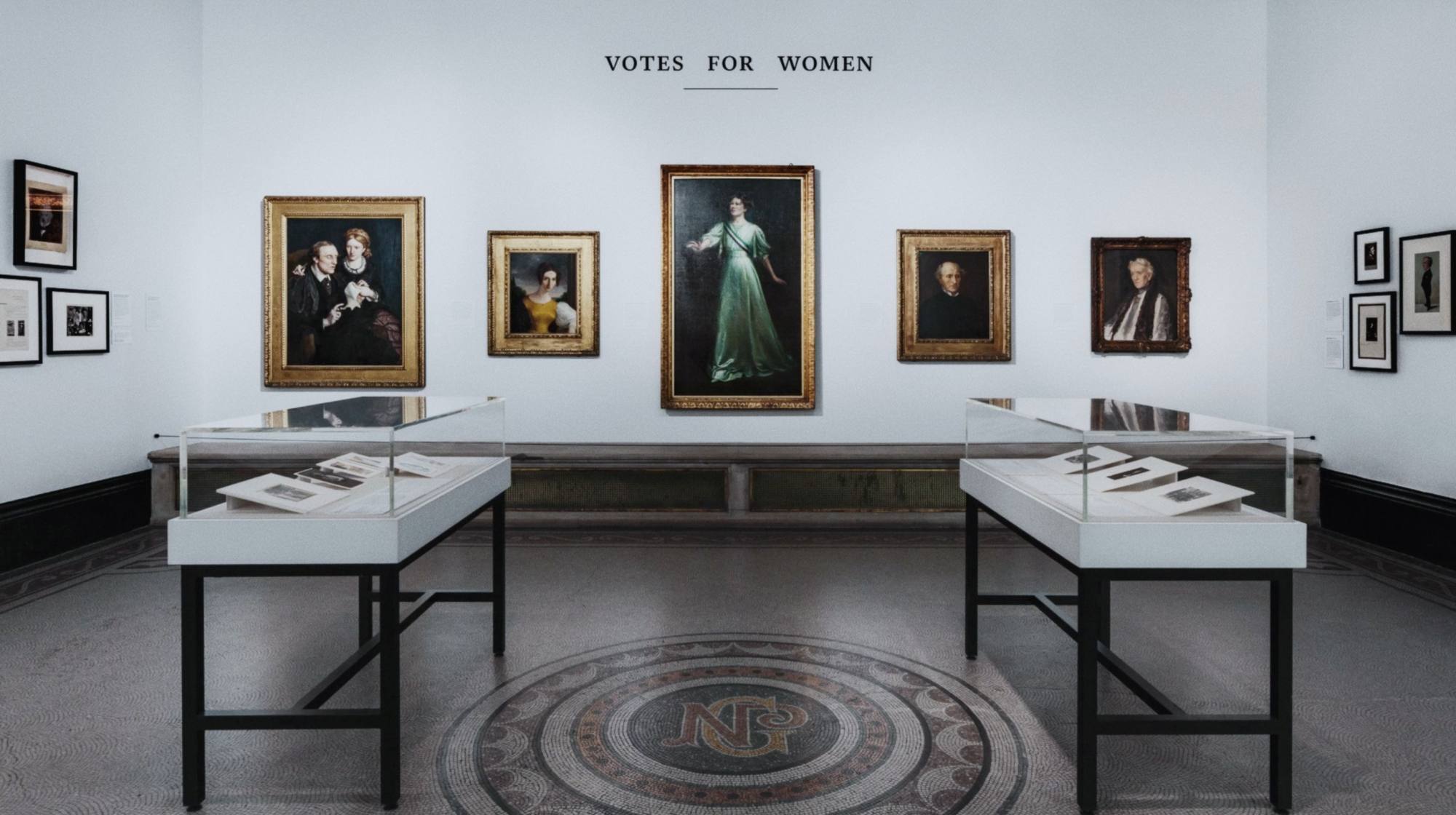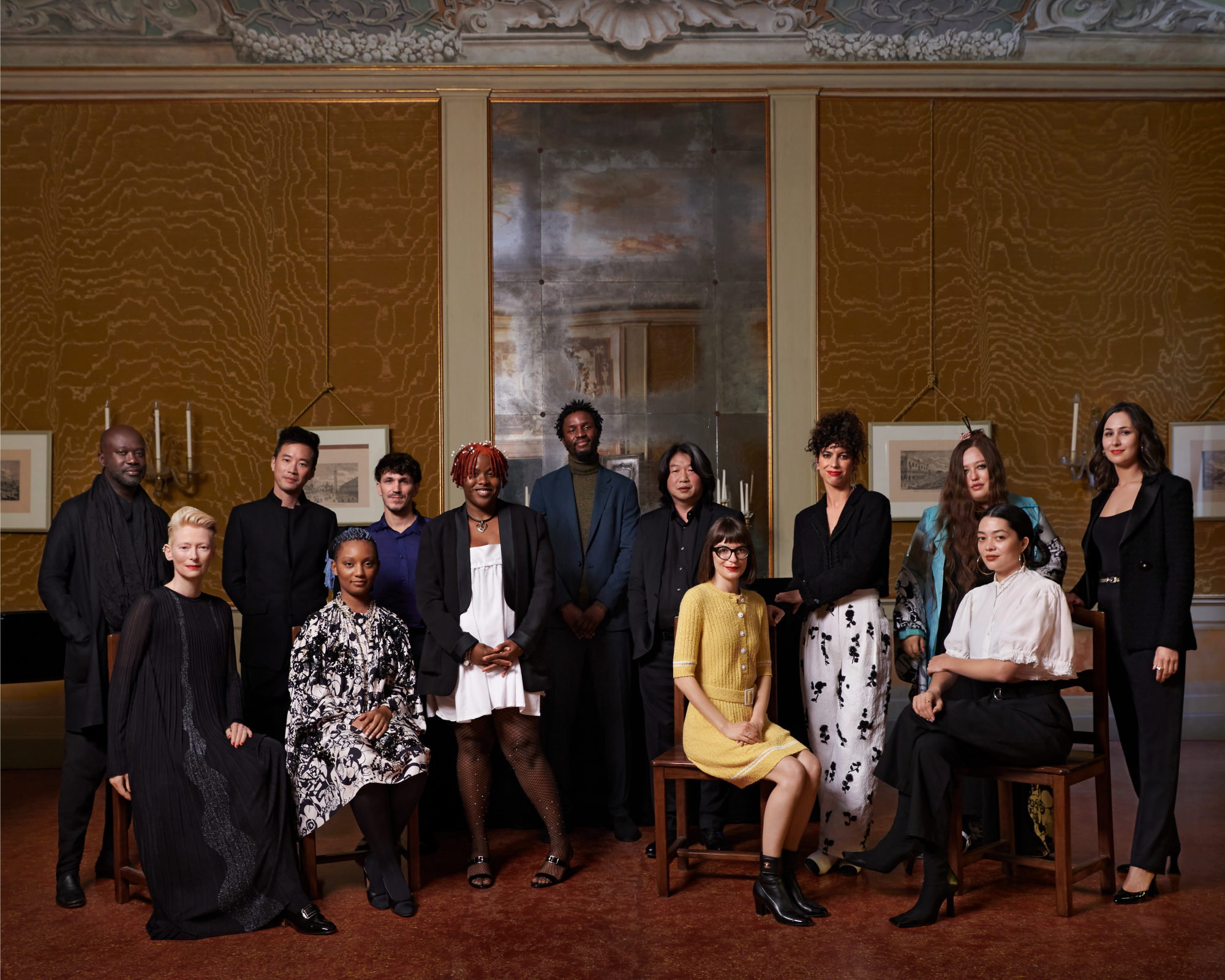How Chanel became a pioneer in artisanal cultural philanthropy: the French fashion house’s Yana Peel on collaborating with galleries, celebrating female artists, and the Chanel Connects podcast

Before Yana Peel joined Chanel as its global head of arts, culture and communications in 2020, the label’s patronage of the arts, which dates back to the days of Gabrielle Coco Chanel herself, had been under the radar.
Peel joined Chanel after a stint as CEO of Serpentine Galleries in London. Before that, she spent seven years in Hong Kong, where she worked for art galleries such as Para Site and co-founded Intelligence Squared Asia, a media and events company focusing on culture.

“The mission at Chanel is how we as a company with resources and responsibility are able to go out and facilitate the most ambitious and inspiring cultural projects,” she explains. This includes the Chanel Culture Fund, which has partnered with institutions such as the National Portrait Gallery in London, the Centre Pompidou in Paris and the Power Station of Art in Shanghai; and the Chanel Next Prize, an award of US$11,000 (€100,000) given to 10 artists every year.
Gigi Hadid on modelling, motherhood and mentor Tommy Hilfiger
Peel calls Chanel’s take on cultural philanthropy “artisanal” in the way that it shapes each partnership, shying away from short-term sponsorships that in her view do little to foster long-lasting, meaningful relationships. “Chanel by definition is a company with long horizons,” she says. “We’ve had cultural philanthropy for 100 years so when I came in it was to continue this tradition. How do we take Coco Chanel’s spirit of creativity and generosity and her embrace of the avant-garde, like Stravinsky, wildly uncommercial? How do we put people who may not find their way into a conversation into a dialogue that takes them further than they can go themselves?”
Chanel by definition is a company with long horizons. We’ve had cultural philanthropy for 100 years so when I came in it was to continue this tradition
Working for a company that’s “75 per cent women and is about women choosing their own destiny”, Peel has made the support of female artists a key pillar of her mandate. At the National Portrait Gallery, for instance, Chanel helped double the number of women in the collection. The brand also partnered with Hong Kong museum M+ for a conversation between actress Tilda Swinton and Hong Kong filmmaker Mabel Cheung.

Peel, who also hosts Chanel Connects, an arts and culture podcast, relies on her extensive network of thought leaders around the world – from Thailand to South Korea, China and the UK – to uncover talented creatives who need “unrestricted funding, no strings attached”.
“Gabrielle Chanel used to say, ‘I want to be part of what happens next’, so with the Prize it is having this cohort of the next and the new and for them to become the best versions of themselves,” says Peel, adding that last year’s winners include a game developer and designer born in Sudan, and a Nigerian-American artist and poet.
Is Dubai’s Atlantis The Royal really the world’s ‘most ultra-luxury’ hotel?
As part of a house that has “the luxury of creating the most beautiful products in the world”, Peel explains that Chanel’s dialogue with global arts communities also helps the company stay energised.

- Unlike giants like Prada, LVMH and Kering, Chanel goes beyond forming partnerships with artists merely for buzzy collaborations – instead, it focuses on long-term relationships with talents
- The label’s art patronage lead, Yana Peel, chats about Chanel Culture Fund’s links to the National Portrait Gallery in London, the Centre Pompidou in Paris and the Power Station of Art in Shanghai